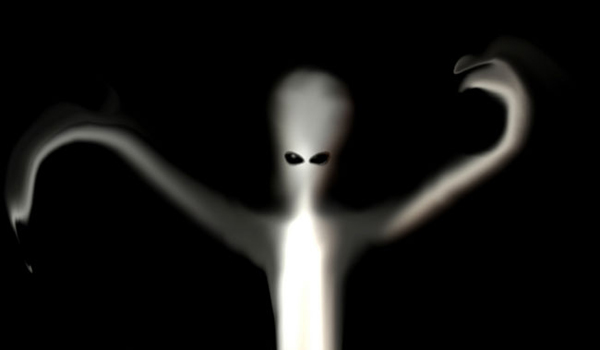UFO Cover-Up? Britain's 'Roswell Event' Missing From Released Files

The British Ministry of Defence recently released thousands of government documents related to UFO sightings and reports in the United Kingdom. As the public and UFO buffs pored over the information, there was one subject file (or series of files) that seemed to be suspiciously missing: the Rendlesham Forest Incident, better known as "Britain's Roswell."
BBC correspondent Neil Henderson noted, "The missing files relate to a report of mysterious lights from U.S. servicemen at RAF [Royal Air Force] Woodbridge in Suffolk in 1980. The disappearance came to light with the release of 8,000 previously classified documents on UFOs. Officials found a 'huge' gap where defense intelligence files relating to the case should be, the papers show."
Missing files on a famous UFO case? Call Mulder and Scully! Why are these particular files missing? Is it a sign of a conspiracy ?
David Clarke, the author of "The UFO Files: The Inside Story of Real-Life Sightings" (The National Archives, 2009) who has been working with Britain's National Archives since 2008 to release the information, clarified the issue. "It is not the case that files on Rendlesham have been destroyed. What has been lost or destroyed are a series of Defence Intelligence UFO files covering the years 1980 through 1982," he told Life's Little Mysteries. While this would include information on the Rendlesham case, Clarke noted, the Ministry of Defence's files on the topic had already been released. "There is no evidence those files contained anything different to the contents of the actual 'Rendlesham file' released some years ago."
But is it suspicious that any files were destroyed? Perhaps they contained conclusive proof of alien visitation? Clarke doesn't think so: "Why were these files destroyed? The most likely answer is that, at the time, intelligence staff believed they contained nothing worth preserving. It's worth pointing out that some 95 percent of all U.K. government files are destroyed at first review. Many, many other UFO files have been destroyed, including most of those from the 1950s when the subject was regarded as having no historical significance (prior to 1967, the policy was to destroy all files on the subject at five yearly intervals). So while there's a tendency to see a conspiracy or hidden agenda, it's not as big a deal as is being made out."
Indeed, millions of official government documents are routinely destroyed each year. Some of the documents are secret, but most of them are merely useless and outdatedeverything from 1950s-era passport applications and biographical intelligence dossiers on now-dead foreign leaders to sewage treatment plans for planned neighborhoods that were never built. Archiving and recording all official documents would be an impossible (and very costly) task, and some events only take on particular interest years or decades after documents on them were created.
Either the missing files (if indeed there are any missing) contained information so ordinary and mundane that they weren't considered worth keeping, or they contained information so dramatic and explosive that they needed to be covered up. The documents can be interpreted either way, but the former seems the more likely.
Get the world’s most fascinating discoveries delivered straight to your inbox.
- Hoax in the Holy Land: Jerusalem UFO a Proven Fake
- Slideshow: 6 Everyday Things that Happen Strangely In Space
- Top 10 Conspiracy Theories
Benjamin Radford is managing editor of Skeptical Inquirer science magazine and author of Scientific Paranormal Investigation: How to Solve Unexplained Mysteries. His Web site is www.RadfordBooks.com.

